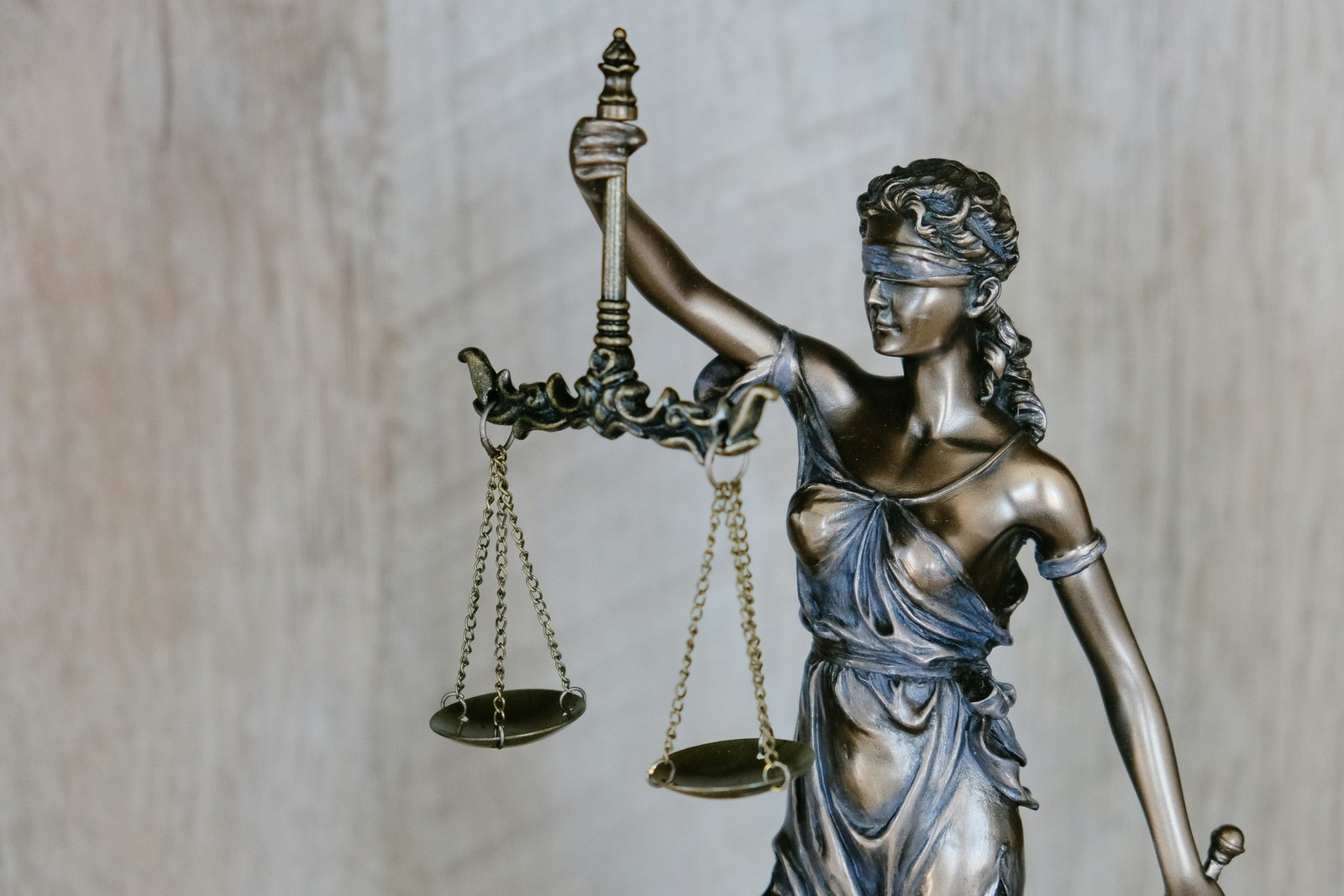The Rising Trend of Lawsuits Against Hotels Over Human wTrafficking Allegations
In recent years, a troubling trend has emerged as hotels increasingly find themselves under scrutiny for their alleged involvement in human trafficking. The rising number of lawsuits against these establishments highlights a growing concern about their role in facilitating or ignoring this grave human rights violation. As victims seek justice and accountability, the legal landscape for hotels is rapidly evolving.
IBIS World reported 107,902 motel & hotel businesses in the US as of 2023. However, the hospitality industry is now facing growing concerns and allegations related to human trafficking.
In this article, we will explore the factors driving these lawsuits and the implications for the hospitality industry.
Understanding Human Trafficking in the Hospitality Industry
The Bureau of Justice Statistics reported that there were 2027 persons involved in human trafficking offenses in 2021 in the US. It was a 49% increase from the year 2011, in which 1360 people were involved in human trafficking. Only 1672 persons were prosecuted in 2021.
Human trafficking in the hospitality industry presents a significant and disturbing issue. Hotels and motels can become venues for trafficking due to their transient nature, providing anonymity and privacy for perpetrators. Victims, often coerced or manipulated, may be exploited within these establishments, while staff might unwittingly overlook signs of abuse.
The industry’s vulnerability arises from inadequate training and awareness, making it crucial for hospitality businesses to implement robust anti-trafficking policies. Recognizing the signs of trafficking, fostering a culture of vigilance, and partnering with local authorities are essential steps in combating this pervasive problem. Everybody has to save and protect vulnerable individuals.
What role do online booking platforms play in human trafficking?
Statista reports that Airbnb has gained significant popularity as a lodging option in the US. Meanwhile, the hotel and resort sector has also achieved a total market value of $1.5 trillion in 2023. Online booking platforms can inadvertently facilitate human trafficking by making it easier for traffickers to secure accommodations quickly and anonymously.
These platforms may lack stringent verification processes, allowing traffickers to exploit the system and hide their activities behind seemingly legitimate bookings.
Legal Grounds for Lawsuits Against Hotels
Hotels can face lawsuits for human trafficking based on several legal grounds, including negligence, failure to act, and vicarious liability. Plaintiffs may argue that hotels failed to implement adequate policies to identify and prevent trafficking, which constitutes a breach of their duty of care.
If a hotel staff member is directly involved or ignores obvious signs of trafficking, the hotel can be held liable for their actions. A lawsuit against hotels for human trafficking often focuses on whether the establishment’s practices contributed to or failed to prevent such exploitation. The lawsuit holds them accountable for their role in these heinous activities.
According to TorHoerman Law, these lawsuits are being looked upon by lawyers and advocates all over the country. It aims to secure justice for the victims of human trafficking by holding the hospitality industry accountable.
What are some common defenses hotels use in these lawsuits?
Hotels commonly defend themselves in human trafficking lawsuits by arguing that they have reasonable policies and training in place to prevent trafficking. They also defend themselves by saying that they acted in good faith. They may also claim that the signs of trafficking were not apparent or that they were not aware of any such activities.
The Role of Hotel Policies and Procedures
Hotel policies and procedures play a crucial role in combating human trafficking by establishing clear guidelines for staff to identify and report suspicious activities. Effective policies should include training programs on recognizing trafficking signs, procedures for handling potential cases, and protocols for coordinating with law enforcement.
According to The Exodus Road, the 5 million hotels in the US can be used by any average traveler. Unfortunately, many of them are also used by traffickers in the US. A hotel in the US can function as an incall and outcall place for sex trafficking. Around 80% of commercial sex occurs at the hotel.
Hotels must create comprehensive procedures and a proactive environment that deters traffickers and safeguards vulnerable individuals. Regular reviews and updates of these policies ensure they remain effective and responsive to emerging threats. Strong, well-enforced policies not only help prevent exploitation but also enhance the hotel’s reputation and legal standing.
What are the challenges in enforcing anti-trafficking policies in hotels?
Enforcing anti-trafficking policies in hotels can be challenging due to inconsistent staff training, varying levels of awareness, and the transient nature of hotel guests. Additionally, traffickers often use sophisticated methods to conceal their activities, making it difficult for hotel staff to detect and act upon suspicious behavior effectively.
Current Trends and Statistics
Current trends reveal a troubling increase in human trafficking cases linked to the hospitality industry. Recent statistics indicate that hotels are increasingly targeted for legal action due to their alleged involvement in trafficking activities.
Hope for Justice has highlighted that there are currently 1 million victims of human trafficking, a sharp increase from 400,000 reported six years ago. However, this figure may not fully represent the national situation, as many human trafficking cases go unreported.
This spike underscores a growing awareness and concern about the role hotels play in facilitating trafficking. In response, more states are enacting stricter regulations and requiring enhanced training for hotel staff, aiming to curb these alarming trends.
Impact on the Hotel Industry
The impact of human trafficking allegations on the hotel industry is profound. Hotels facing lawsuits can experience significant financial strain from legal costs, settlements, and potential damage to their reputation. The scrutiny also leads to increased regulatory oversight, mandating stricter anti-trafficking measures and staff training, which can further strain resources.
Moreover, consumer trust may be eroded as guests become more aware of trafficking issues and demand higher standards of corporate responsibility. Consequently, the industry must invest in comprehensive prevention strategies and foster a culture of vigilance to mitigate these impacts and uphold ethical practices. Smoothstack Lawsuit
Prevention and Response Strategies
Implementing robust policies and regular staff training is crucial to ensure that employees can recognize and report suspicious activities. Hotels should establish clear reporting procedures and collaborate with local law enforcement and anti-trafficking organizations to enhance their response capabilities.
Additionally, integrating technology, such as surveillance systems and guest tracking, can aid in identifying potential trafficking situations. Regular audits and updates to these strategies help maintain their effectiveness. By adopting a proactive and comprehensive approach, hotels can significantly reduce the risk of being involved in or facilitating human trafficking.
Upholding Responsibility and Creating Safe Spaces
The rising trend of lawsuits against hotels for human trafficking highlights a critical need for heightened vigilance and accountability within the hospitality industry. As legal, social, and ethical pressures mount, hotels need to implement comprehensive prevention and response strategies. It mainly includes rigorous policies, staff training, and collaboration with law enforcement.




